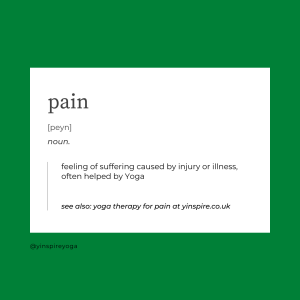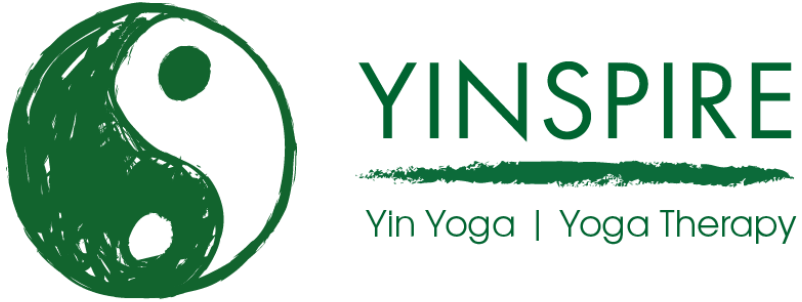 Pain is a normal part of life – warning us if we have injured something that needs treating or reminding us to slow down if we are overdoing it.
Pain is a normal part of life – warning us if we have injured something that needs treating or reminding us to slow down if we are overdoing it.
However sometimes pain continues longer than may normally be expected after an injury or surgery, for example long term back pain, or pain after an accident or surgery, or pain which arises without obvious cause, such as Fibromyalgia.
There is no fixed time limit for the transition between classifying pain as acute (short term) or chronic (long term), but generally pain that isn’t improving over some months could be considered as Chronic Pain.
We know that Chronic Pain can be linked to other health issues including stress, anxiety, and depression, although cause and effect may be mutual. We also know that Chronic Pain can have a subconscious psychological aspect – due to the Nervous System becoming over sensitive and incorrectly interpreting pain signals from the body.
Yoga Therapy can help with chronic pain in various ways, in particular:
- Understanding triggers and causes of your pain
- Relaxation techniques to deal with flare ups and calm the Nervous System. Over time this can help the Nervous System recalibrate itself
- Helping you develop a go to routine for dealing with pain, including understanding which postures and practices are helpful and unhelpful
- Developing coping strategies for longer term conditions
- Developing a sense of resilience and psychological wellbeing, which we know is important in dealing with long term conditions
How I work with Pain Conditions
The starting point is an assessment of how you are experiencing pain and how it affects your daily life, including any other treatment you have had, medications, therapies, and any diagnosis. I do this both on a BioPsychoSocial basis – looking at things from a Biological, Psychological and Social perspective – and from a Yoga perspective using Yoga’s understanding of energy and wellbeing.
From there we will probably work with yoga postures, breathing practices, relaxation work and mindfulness practices to help regulate and stabilise your Nervous System.
I will look at any other conditions which may be interacting with your experience of pain, including posture and psychological health, and see if there are practices we can use to support dealing with these.
You won’t be asked to enter any postures, or undertake any practices, that cause additional pain or discomfort.
Additionally, I will suggest suitable practices to work with at home that will support our clinic-based work, and I’ll happily fit in alongside any specific guidelines from other health professionals, e.g. Consultant, GP, Chiropractor, Osteopath, Physiotherapist.
One final thing – Yoga Therapy is not a substitute for emergency healthcare, so if you have acute pain which has come on suddenly or without obvious cause, please speak to your GP, NHS 111, or A&E.
You can learn more about my practice as a Yoga Therapist, and book appointments, at www.yinspire.co.uk/yoga-therapy
Jessica – Minded Yoga Therapist
